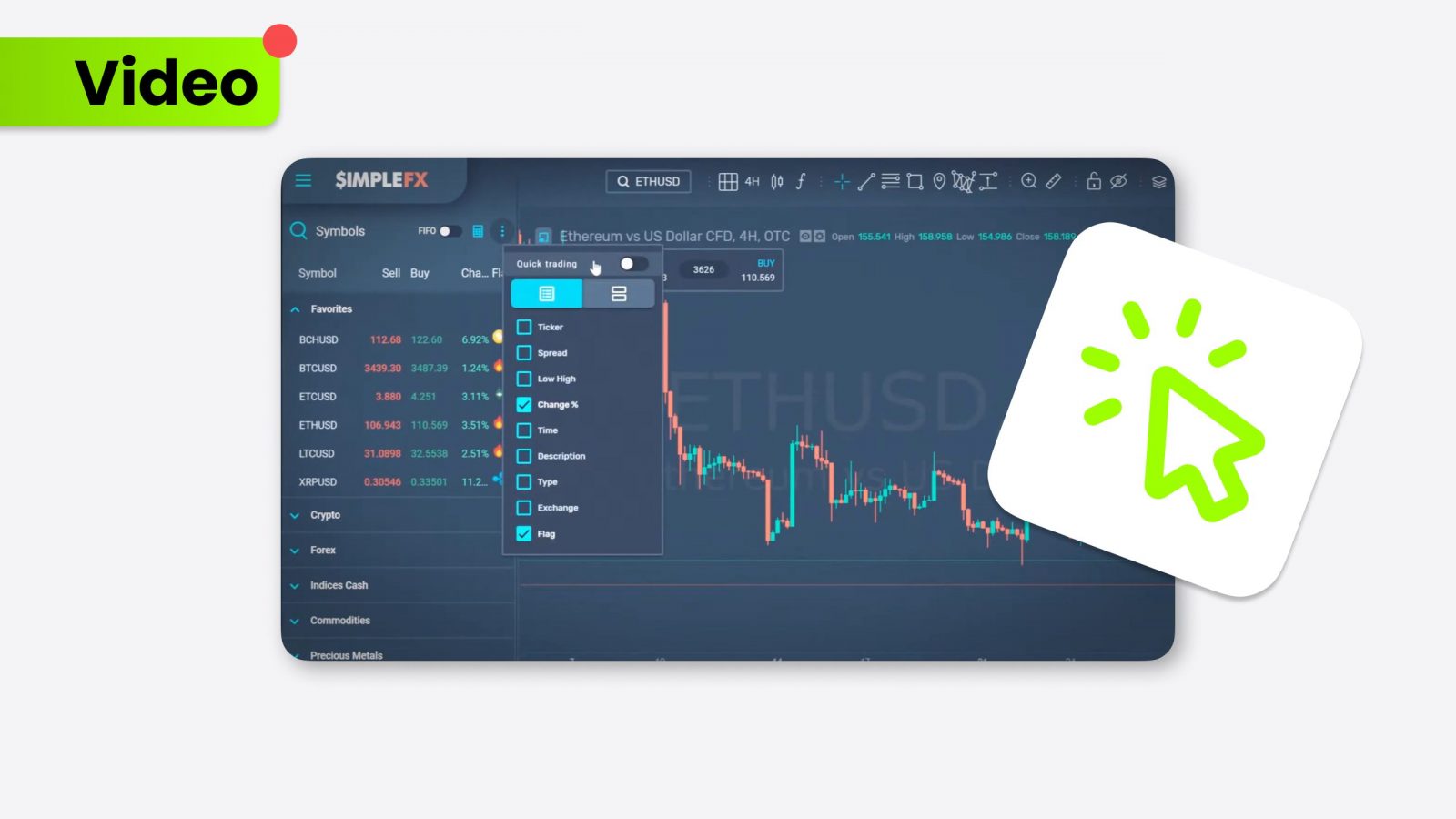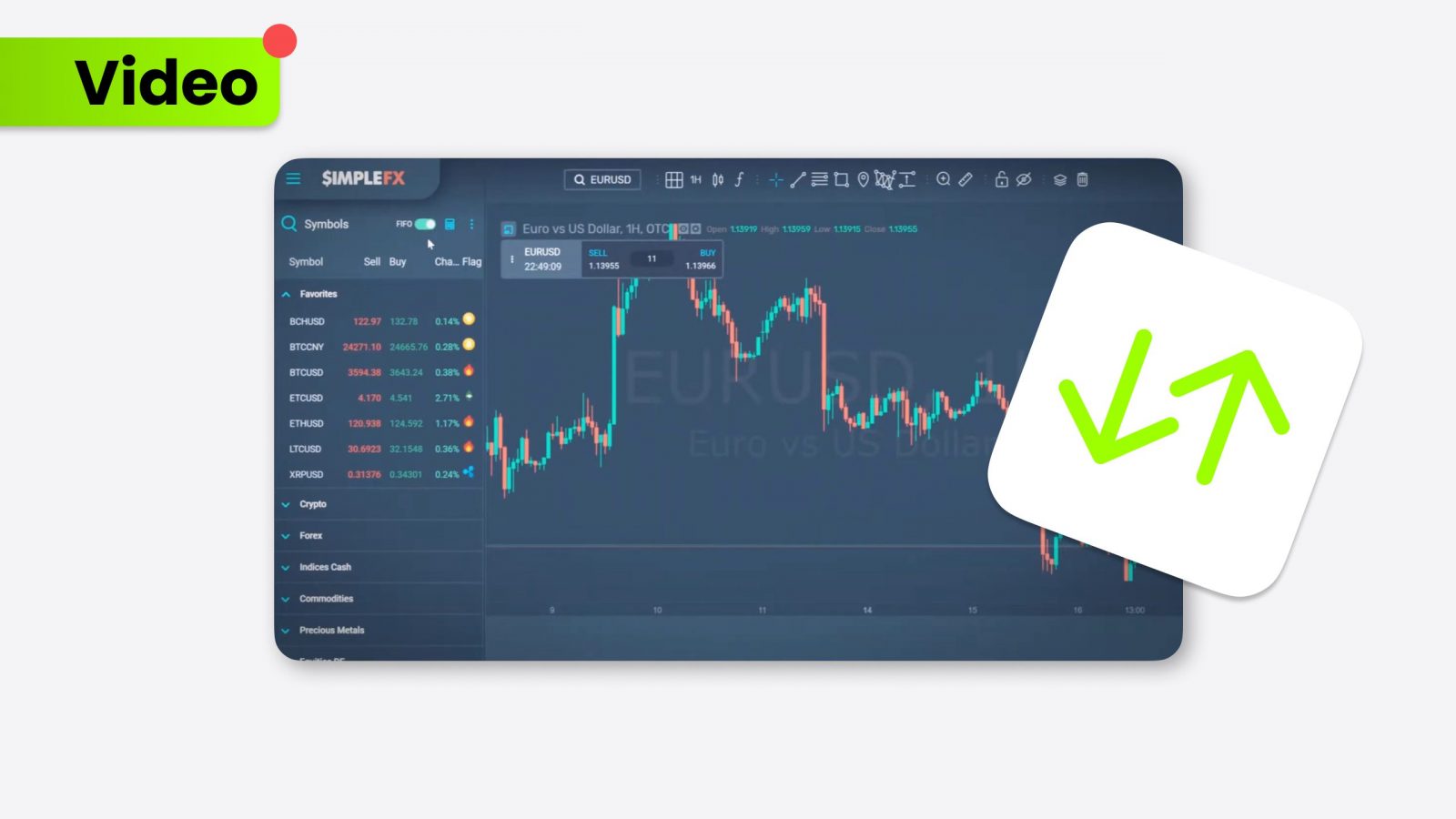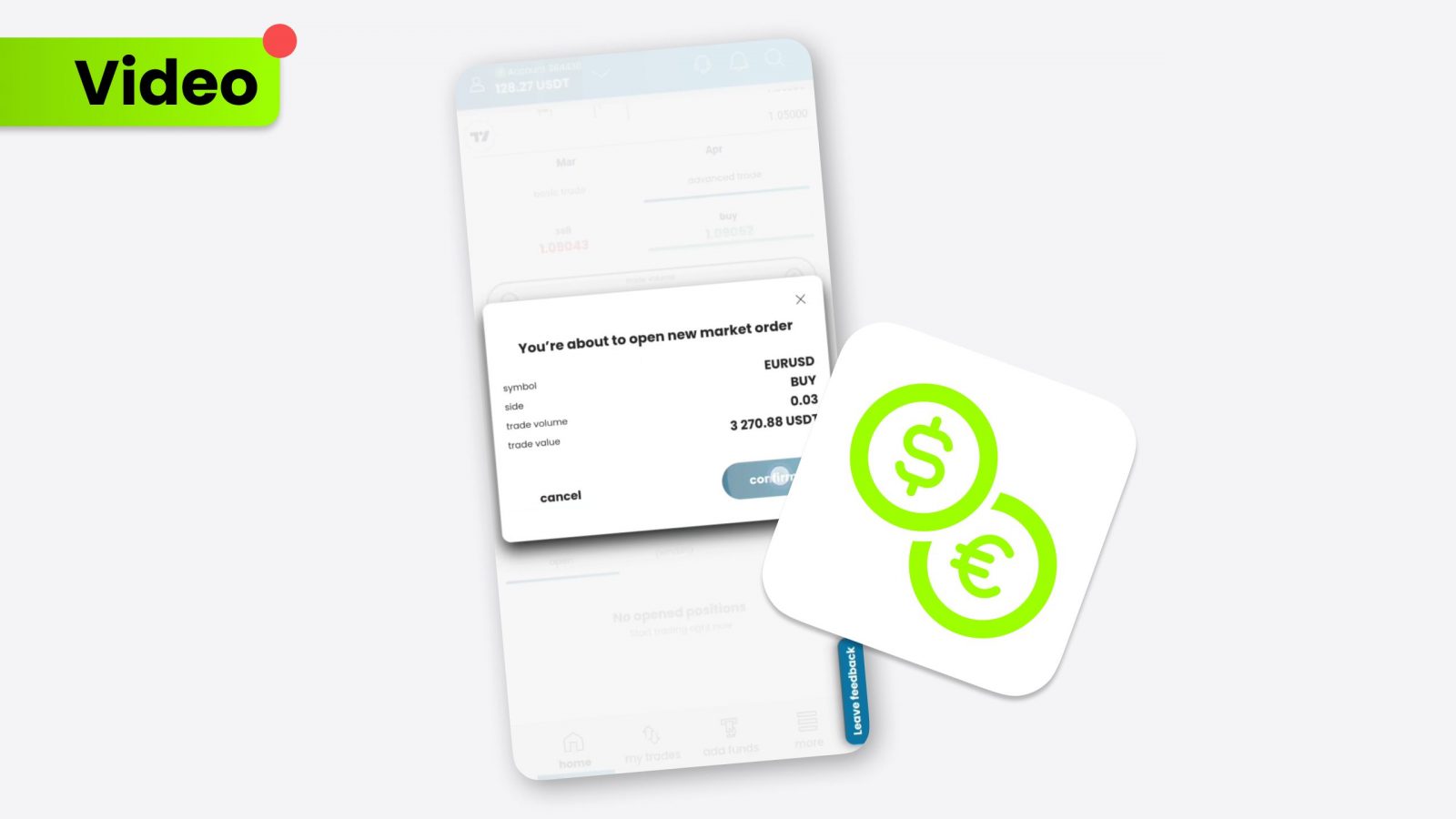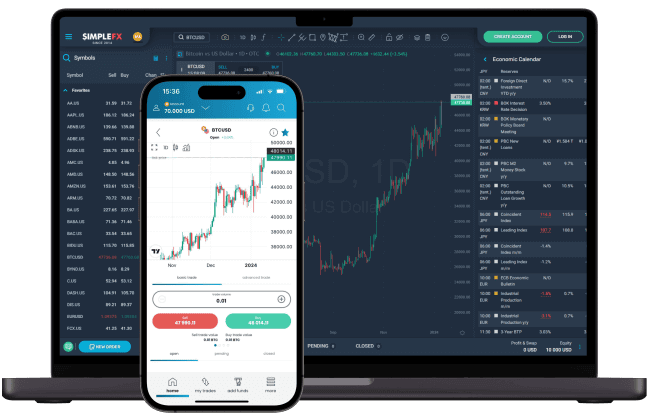Cryptocurrency wallets are essential for anyone looking to use, trade, or invest in cryptocurrencies. They allow managing digital assets securely and play a crucial role in the operation of blockchain technologies.
- Key functions and importance: Explains the primary roles of cryptocurrency wallets in managing and securing digital assets.
- Diverse support and functionality: Highlights the ability of modern crypto wallets to support various cryptocurrencies and facilitate transactions across different blockchains.
- Security measures and best practices: Discusses the crucial security practices necessary to protect digital assets stored in crypto wallets.
What is a crypto wallet?
A cryptocurrency wallet is a digital tool, physical medium, program, or service that stores the public and/or private keys for cryptocurrency transactions. Unlike traditional wallets that hold physical currency, a crypto wallet does not store cryptocurrencies. Instead, it saves the cryptographic information needed to access and manage your cryptocurrency holdings on the blockchain. Modern crypto wallets support a wide array of cryptocurrencies, including Polkadot (DOT), Bitcoin Cash (BCH), Arbitrum (ARB), and Injective Protocol (INJ), enabling users to manage diverse portfolios within a single wallet interface.
These wallets make it simpler to engage in transactions across various blockchains, enhance trading strategies, and expand investment opportunities.
Why are crypto wallets important?
Crypto wallets play a crucial role in the cryptocurrency ecosystem, serving as the gateway to utilizing digital currencies effectively. They not only provide a secure means to store and manage cryptographic keys but also facilitate the seamless execution of transactions on the blockchain network.
Security and ownership
The primary function of a crypto wallet is to secure your digital assets. The private keys stored in your wallet are the only way to access your cryptocurrencies, making it imperative to keep them secure. Ownership of the private keys equates to ownership of the assets.
Transaction management
Crypto wallets enable the sending and receiving of cryptocurrencies through blockchain transactions. They interact with various blockchains to enable users to monitor their balance, send money, and conduct other operations.
Crypto wallet: Best ways to secure assets
Securing your digital assets begins with understanding the best practices for managing your crypto wallet. Best security measures are not just recommendations but essential steps every user should take to protect their investments in the digital realm.
Backup your wallet
Backing up your wallet, especially the private keys, is critical. This ensures you can regain access to your assets if you lose your wallet or forget your password.
Use strong passwords and two-factor authentication (2FA)
Protecting your wallet with a robust and unique password and enabling 2FA adds an extra layer of security against unauthorised access.
Keep software updated
Regular updates for software wallets are crucial, often including security enhancements and new features.
Be wary of phishing scams
Always verify that you are using official wallet apps or accessing legitimate websites. Phishing scams can trick you into revealing your private keys or sending funds to malicious actors.
Conclusion
Understanding the different types of cryptocurrency wallets and their respective security measures is vital for anyone participating in the digital currency. Whether you’re a casual user, trader, or long-term investor, choosing the right wallet and practising good security habits will protect your digital assets and enhance your cryptocurrency experience. Remember, the safety of your cryptocurrencies largely depends on how well you manage and secure your wallet.

















































